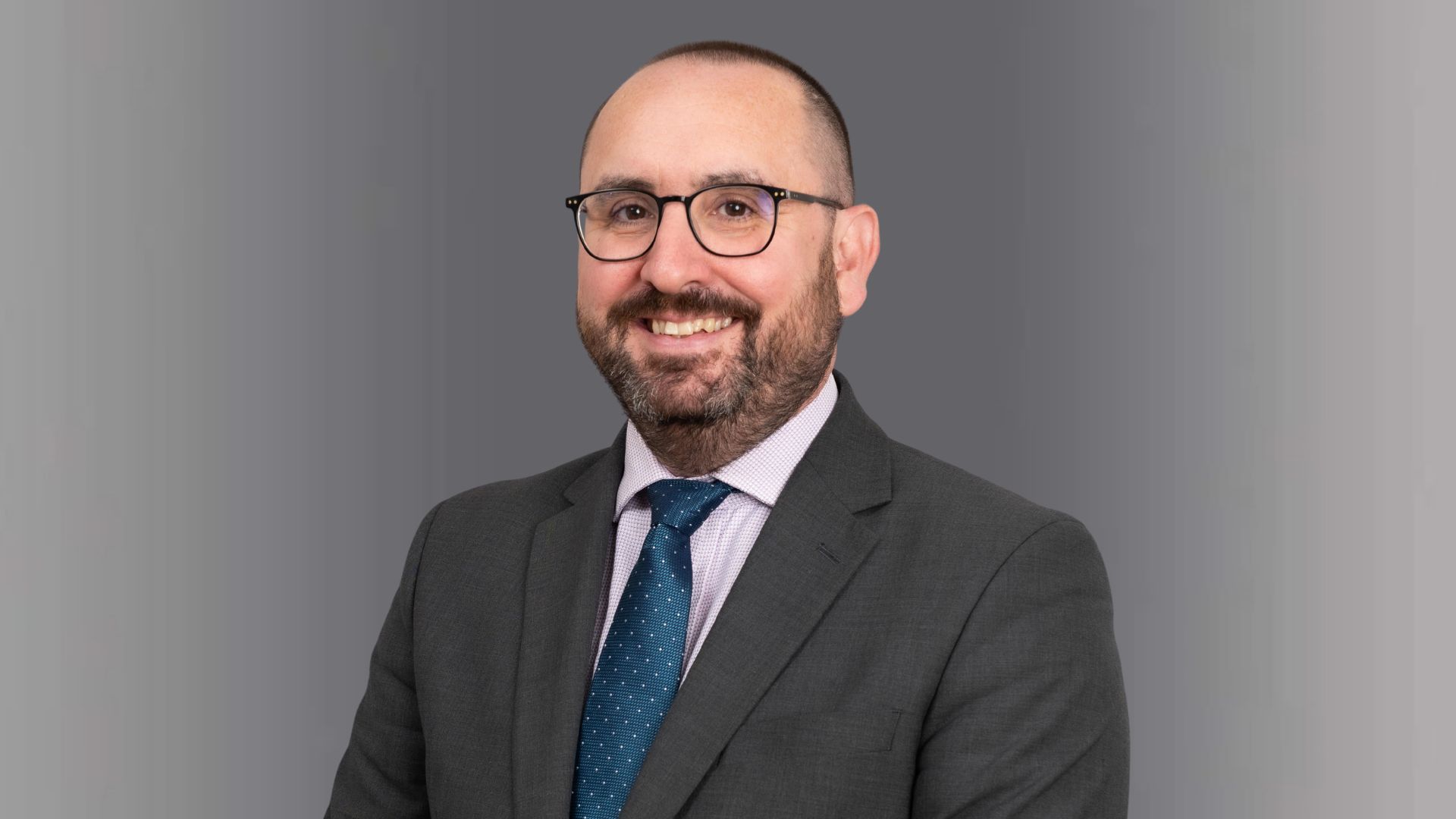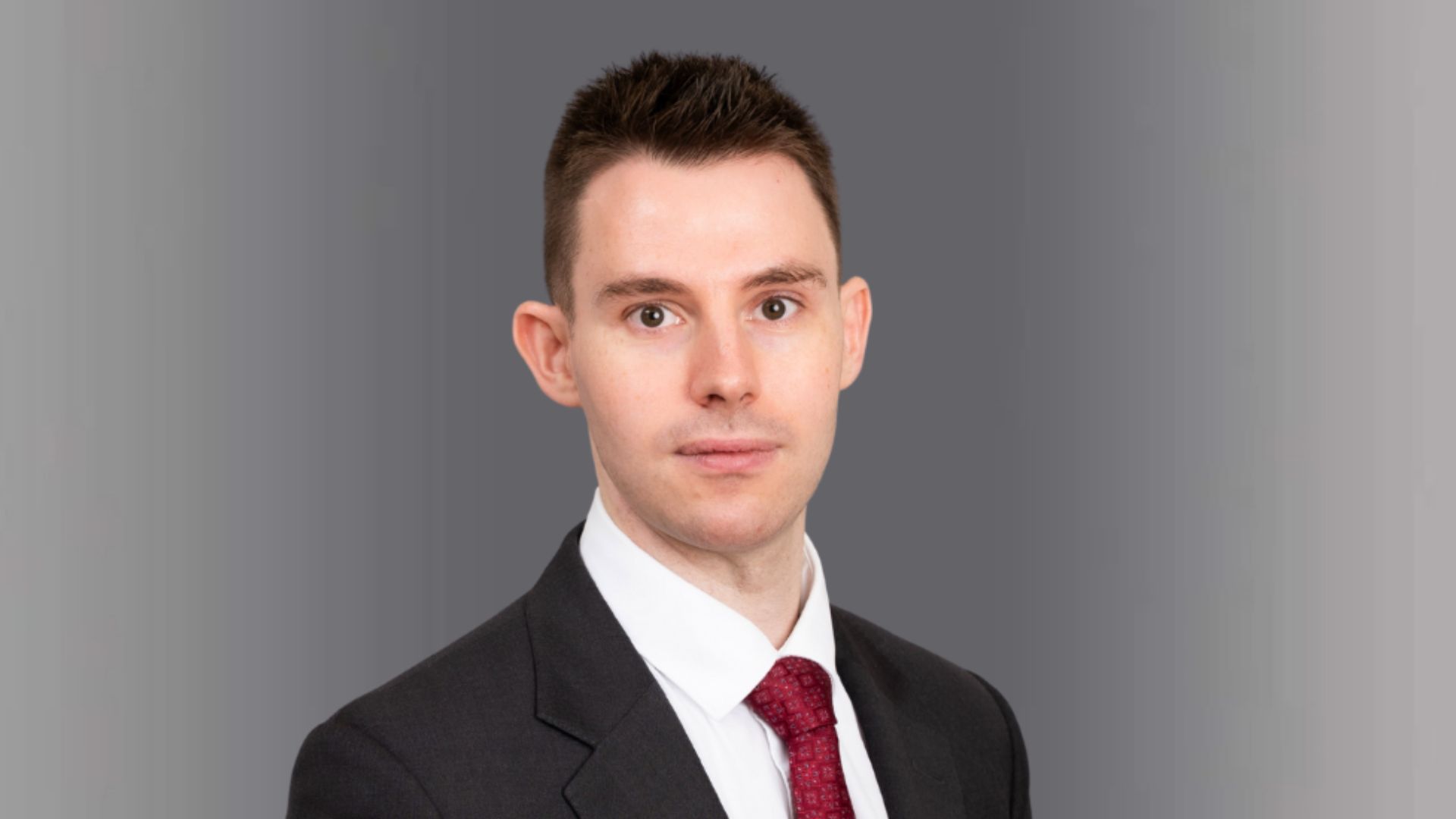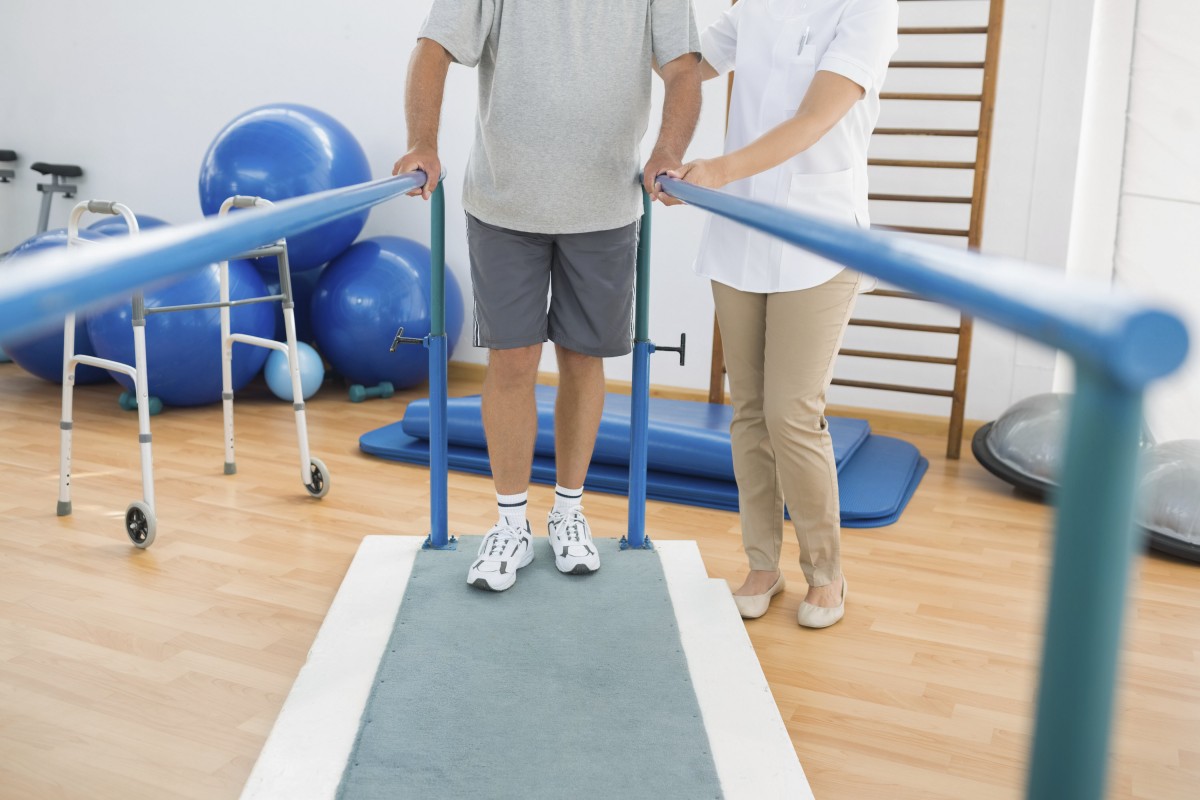


Devereux Brain Injury Newsletter - Spring 2023
Posted on 31 March, 2023By: Stephen Cottrell | Harry Sheehan | Sam Way |
A note from the ediotor, Stephen Cottrell:
There have not been a great many brain injury cases reported over the last 12 months, but Mrs Justice Hill’s decision in Mathieu v Hinds & Aviva more than makes up for that by analysing a number of issues that brain injury lawyers have to deal with on a very frequent basis. Not only does her judgment illustrate the way that trial judges will deal with the evaluation of expert evidence and mitigation of loss but, as Harry Sheehan discusses, it deals with loss of earnings for claimants with unpredictable income, the court’s approach to tax on foreign lost earnings and, vitally, provisional damages for brain injured claimants at risk of developing epilepsy and dementia. We had been keeping a keen eye on the progress of the case to the Court of Appeal, but we understand that the claim has now compromised, so Hill J’s conclusions represent the last word (for now at least) on the issues in question.
Meanwhile, Sam Way considers two very different cases. The first is a catastrophic birth injury case and the court’s approach to causation in counter-factual scenarios – CDE v Surrey and Sussex Healthcare NHS Trust. The second - AXX v Zajac, involves the Court’s approach to case management applying PD 1A in relation to vulnerable witnesses – in this case, a severely brain-injured man. This is the first real guidance in this important and evolving issue.
Finally, my own input. As ever, when considering developments in cases that affect brain injury practitioners, it is worth keeping an eye on developments in the Court of Protection. How many of us deal with claims for COP/Deputyship costs on a weekly basis? And how many of us give consideration to the costs of resolving best interests issues when drafting a schedule? D v S is not a case involving tortious brain injury – the protected party suffered his acquired brain injury after an overdose – but it does demonstrate the scope for hugely difficult, legally complex and very sensitive best interests decisions to crop up many years post injury. Most experienced brain injury practitioners will have had cases with a married claimant where consideration has to be given to potential increased care and accommodation costs in the event of marital breakdown; D v S demonstrates that, where the claimant lacks capacity, it is worth making provision for some form of welfare/best interests decisions that may crop up many years down the line.
To access the full Brain Injury Newsletter - Spring 2023, please click here.
To sign up to future editions of the Devereux Brain Injury Newsletter, please click here.
Back to blog
Additional Information
All Blogs
Archive
- November, 2025
- May, 2025
- February, 2025
- January, 2025
- November, 2024
- September, 2024
- June, 2024
- April, 2024
- March, 2024
- December, 2023
- July, 2023
- May, 2023
- April, 2023
- March, 2023
- February, 2023
- May, 2022
- March, 2022
- February, 2022
- November, 2021
- October, 2021
- September, 2021
- August, 2021
- July, 2021
- June, 2021
- May, 2021
- March, 2021
- February, 2021
- November, 2020
- October, 2020
- September, 2020
- August, 2020
- June, 2020
- May, 2020
- April, 2020
- March, 2020
- February, 2020
- November, 2019
- October, 2019
- August, 2019
- July, 2019
- June, 2019
- May, 2019
- March, 2019
- February, 2019
- January, 2019
- December, 2018
- October, 2018
- September, 2018
- July, 2018
- June, 2018
- May, 2018
- April, 2018
- February, 2018
- December, 2017
- November, 2017
- October, 2017
- July, 2017
- June, 2017
- May, 2017
- April, 2017
- March, 2017
- February, 2017
- January, 2017
- June, 2016
- May, 2016
- April, 2016
- March, 2016
- February, 2016
- December, 2015
- November, 2015
- July, 2015
- March, 2015



